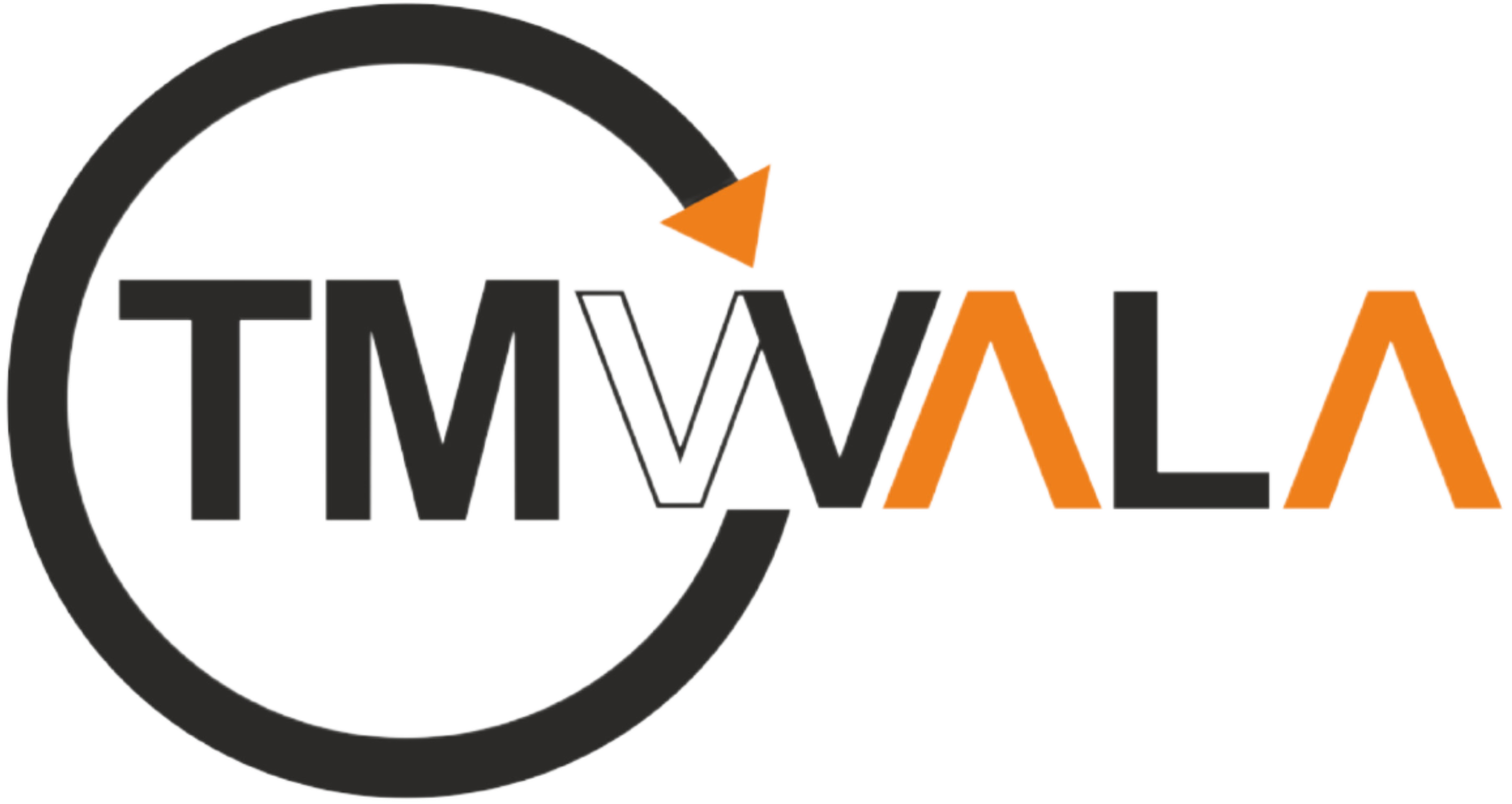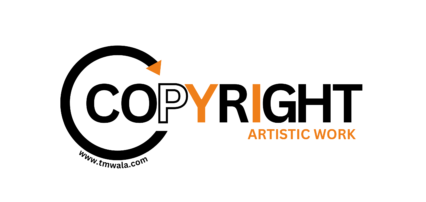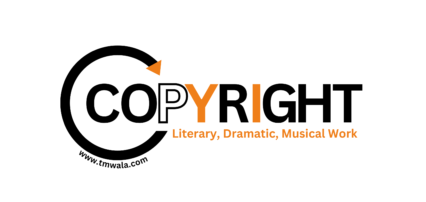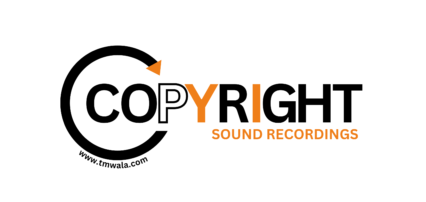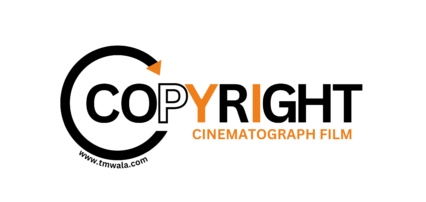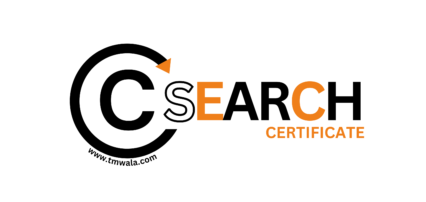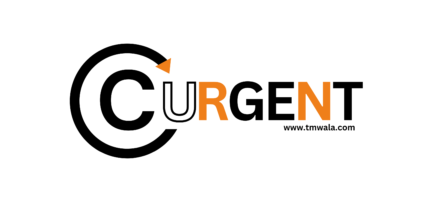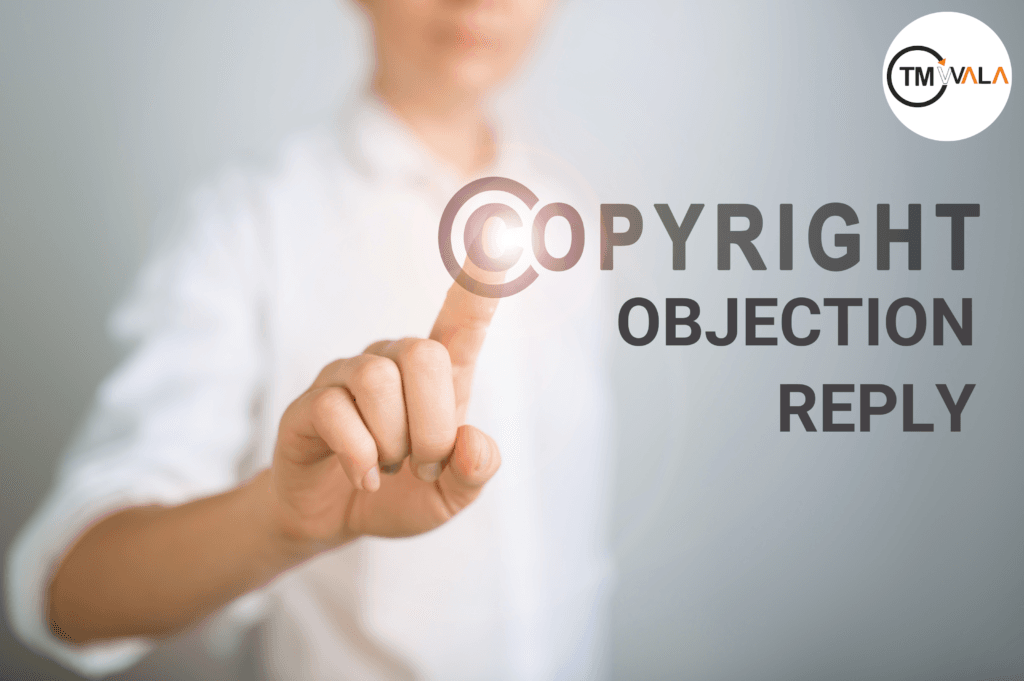Introduction
Copyright protection is a cornerstone of intellectual property law, ensuring that creators can protect their original works from unauthorized use. However, the registration of a copyright can be challenged through a process known as a copyright objection. When a copyright objection is filed, the original applicant must respond appropriately to defend their claim. This blog will provide a detailed overview of the process for replying to a copyright objection in India, its significance, and address frequently asked questions to help you navigate this legal procedure effectively.
Understanding Copyright
What is Copyright?
Copyright is a legal right granted to the creator of an original work. This right provides the creator with exclusive control over the use and distribution of their work for a certain period. Copyright protection applies to a wide range of works, including literary, artistic, musical, and cinematographic creations.
Scope of Copyright
The scope of copyright includes the right to:
- Reproduce the work
- Distribute copies of the work
- Perform the work publicly
- Display the work publicly
- Create derivative works based on the original
What is a Copyright Objection?
A copyright objection is a formal challenge to the registration of a copyrighted work. It is filed by an interested party who believes that the work in question does not meet the criteria for copyright protection or that its registration infringes on their own rights. The objection process is an essential mechanism for maintaining the integrity of the copyright system and preventing the misuse of copyright protection.
Importance of Responding to a Copyright Objection
Responding to a copyright objection is crucial for several reasons:
- Protecting Your Rights: A timely and well-prepared response helps protect your rights as the creator of the work.
- Maintaining Legal Standing: Failing to respond can result in the loss of copyright registration, affecting your legal standing and ability to enforce your rights.
- Demonstrating Originality: A robust reply can help demonstrate the originality and validity of your work.
- Preventing Infringement: By defending your copyright, you prevent others from infringing on your intellectual property.
Grounds for a Copyright Objection
There are several grounds on which a copyright objection can be filed:
- Lack of Originality: If the work lacks originality and is not an independent creation of the author.
- Prior Publication: If the work has already been published before the application for copyright registration.
- Infringement of Existing Rights: If the registration of the work infringes on the rights of another copyright holder.
- Non-compliance with Legal Requirements: If the work does not comply with the legal requirements for copyright protection as outlined in the Copyright Act, 1957.
- Misrepresentation or Fraud: If the application for copyright registration contains false information or is filed with fraudulent intent.
Preparing a Reply to a Copyright Objection
Step-by-Step Process
- Review the Objection: Carefully review the objection notice to understand the specific grounds and evidence presented.
- Gather Evidence: Collect all necessary evidence to support your reply. This could include proof of originality, prior publication, or compliance with legal requirements.
- Consult Legal Counsel: Consider consulting with a lawyer specializing in intellectual property law to ensure your reply is legally sound and comprehensive.
- Draft the Reply: Prepare a detailed written reply addressing each ground of objection. Attach all supporting evidence and ensure the reply is clear, concise, and well-organized.
- Submit the Reply: File the reply with the Copyright Office within the stipulated time frame. Ensure that you follow the specific procedures and format required by the Copyright Office.
- Attend Hearings: If required, attend any hearings scheduled by the Copyright Office. Be prepared to present your case and respond to any questions or counterarguments.
- Await Decision: The Copyright Office will review your reply and make a decision. This process may take several months, depending on the complexity of the case.
Tools and Resources for Preparing a Reply
- Indian Copyright Office: The official body for filing copyright replies in India.
- Legal Counsel: Hiring a lawyer specializing in intellectual property law can help navigate the reply process.
- Online Resources: Websites and databases that provide information on copyright law and the objection process.
Procedure for Filing a Reply
Step-by-Step Process
- Prepare the Reply: Draft a detailed written reply addressing each ground of objection.
- Compile Supporting Documents: Attach all necessary evidence to support your reply.
- File the Reply: Submit the reply with the Copyright Office within the specified time frame.
- Attend Hearings: If required, attend any hearings and present your case.
- Await Decision: The Copyright Office will review your reply and make a decision.
Documents Required for Replying to a Copyright Objection
To file a reply to a copyright objection, you typically need the following documents:
- Written Reply: A detailed written reply addressing each ground of objection.
- Supporting Evidence: Proof of originality, prior publication, compliance with legal requirements, and any other relevant documents.
- Applicant’s Information: Details of the original applicant, including name, address, and contact information.
- Authorization Letter: If the reply is filed by an agent or representative, an authorization letter from the original applicant.
Costs Associated with Filing a Reply
The cost of filing a reply to a copyright objection can vary based on several factors:
- Filing Fees: Fees charged by the Copyright Office for processing the reply.
- Legal Fees: Fees charged by legal counsel or intellectual property consultants.
- Administrative Costs: Costs associated with gathering evidence, preparing documents, and attending hearings.
Common Challenges and How to Overcome Them
Challenges
- Gathering Evidence: Collecting sufficient evidence to support your reply can be time-consuming and challenging.
- Legal Complexity: Navigating the legal complexities of the copyright reply process requires expertise.
- Delays: The reply process can be lengthy, with potential delays in hearings and decisions.
Solutions
- Use Professional Services: Hiring legal counsel or intellectual property consultants can help overcome the complexities of the reply process.
- Thorough Preparation: Prepare thoroughly by gathering all necessary evidence and ensuring your reply is well-drafted and supported.
- Follow-Up: Regularly follow up with the Copyright Office to track the progress of your reply and address any issues promptly.
FAQs
1. What is a copyright objection?
A copyright objection is a formal challenge to the registration of a copyrighted work, filed by an interested party who believes the work does not meet the criteria for copyright protection or infringes on their rights.
2. Why is responding to a copyright objection important?
Responding to a copyright objection is important to protect your rights as the creator of the work, maintain your legal standing, demonstrate the originality of your work, and prevent others from infringing on your intellectual property.
3. What are the grounds for a copyright objection?
Grounds for objection include lack of originality, prior publication, infringement of existing rights, non-compliance with legal requirements, and misrepresentation or fraud.
4. What documents are needed for replying to a copyright objection?
A detailed written reply, supporting evidence (such as proof of originality and prior publication), applicant’s information, and an authorization letter if the reply is filed by a representative.
5. How much does it cost to file a reply to a copyright objection?
Costs can vary, including filing fees, legal fees, and administrative costs. Filing fees are typically low, but total costs can add up depending on the complexity of the case.
6. Can I reply to a copyright objection myself?
Yes, you can reply to an objection yourself, but hiring legal counsel is recommended to navigate the complexities of the process.
7. How long does the copyright objection reply process take?
The process can take several months, depending on the complexity of the case and any potential delays in hearings and decisions.
8. What happens after I file a reply to a copyright objection?
The Copyright Office will review your reply, schedule hearings if necessary, and make a decision based on the evidence presented.
9. Can I appeal the decision of the Copyright Office?
Yes, if you are not satisfied with the decision, you can appeal.
